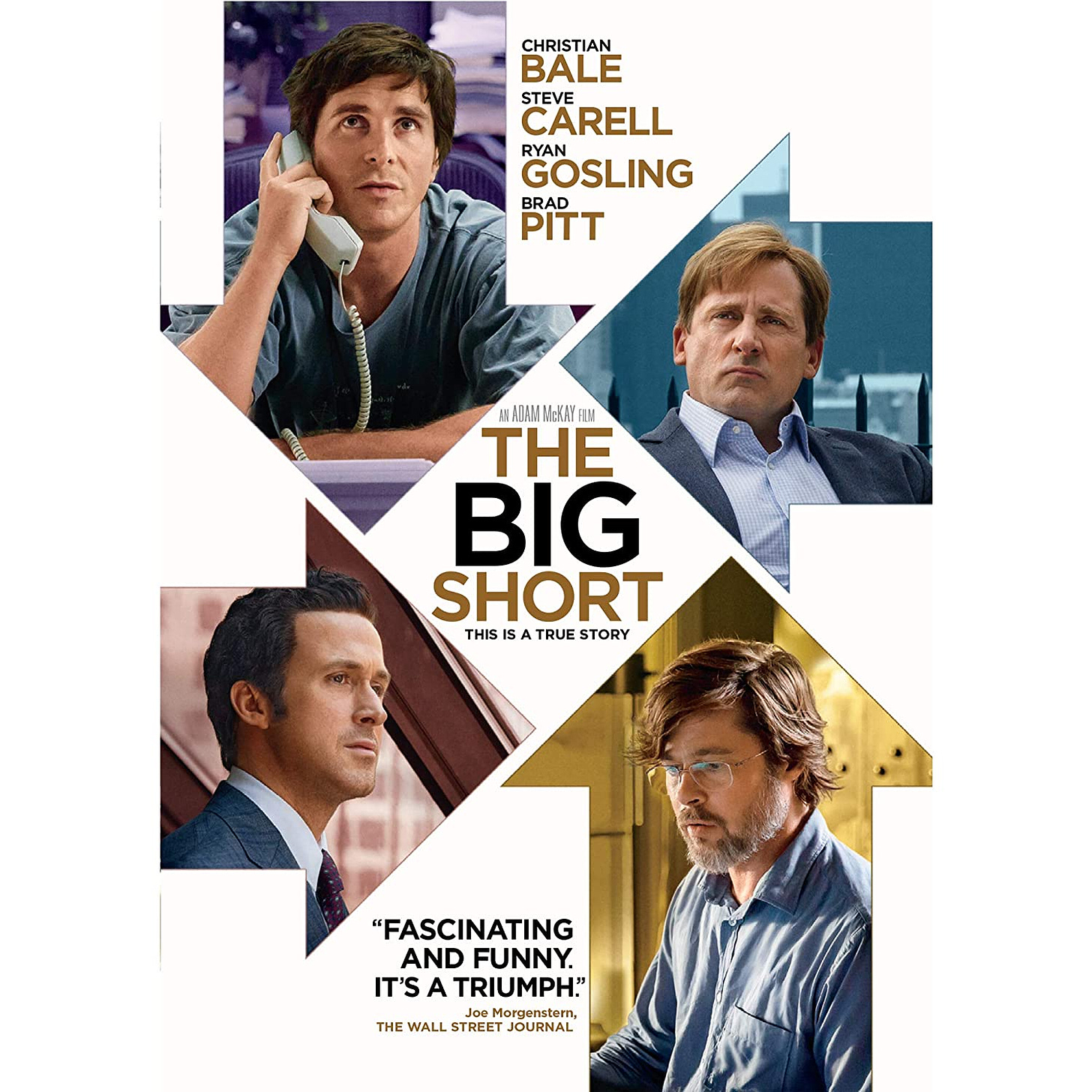Nearly every left political economist in the U.S. gets COVID-19 catastrophically wrong and they all get it wrong for the exact same reason
Have you read the book (or seen the movie) The Big Short about the causes of the global financial crisis? It's brilliant. There are 10,000 firms that trade on Wall Street and only 20 firms shorted the market in the years leading up to the 2008 global financial collapse. Michael Lewis, the author of The Big Short, wanted to figure out what these 20 firms did differently. The answer is, they actually analyzed the underlying data and figured out that the loans that were underpinning collateralized debt obligations were “dog sh*t” (their words not mine) and about to default en masse. A further mystery was how these terrible financial products had gotten AAA ratings from the Big 3 credit rating agencies (S&P, Moody’s, and Fitch)? It turned out that the Big 3 were all completely corrupt as well. The result of all of this corruption is that the global economy collapsed.
It has been painful to watch history repeat itself with the coronavirus crisis. Nearly every left political economist in the U.S. (Paul Krugman, James Surowiecki, Ezra Klein, to name a few) has gotten COVID-19 catastrophically wrong from the very beginning. And they all get it wrong for the same reason — they never examine the underlying scientific data. They take it as given that the underlying scientific data is accurate, when in fact the data that comes from the CDC, FDA, WHO, and Pharma is usually completely worthless. Chapter 5 of my thesis goes into great detail on how Pharma has captured all facets of the knowledge production process in science and medicine. The extent of capture (financial, cultural, and intellectual) is so much greater than I ever realized.
Said differently, nearly every left political economist in the U.S. approaches the pandemic with their usual set of policy tools and acts as if they can just apply their usual Keynesianism to the problem and help guide the country out of the economic crisis. But what I discovered in writing my thesis is that when the topic is the political economy of public health, one actually must do a TWO STEP DANCE — first, do a political economy of the public health establishment (actually examine the underlying data), THEN apply the policy tools one has to the economic problems caused by the public health crisis.
This is not just a U.S. problem nor just a problem on the left — economists around the world are making the same mistake. Take Australia for example. The Australian equivalent of the FDA is called the Therapeutic Goods Administration (TGA). The TGA tends to do whatever the FDA does — but with even less transparency. And we know that the FDA is completely captured by Pharma. So anyone making economic decisions downstream from the TGA who relies on their data (or any other official public health or Pharma data for that matter) is making decisions and recommendations in a fog because the underlying data is not reliable.
I wish I was wrong about all of this. It would be so much nicer if we could just count on the white coat class to do the right thing and tell the truth. But that is not the world that we live in. The white coat class are human just like everyone else and because of their unique epistemic position, they are especially vulnerable to being targeted (wooed, swayed, and bought) by the pharmaceutical industry.
One last note on method: analyzing the underlying data requires reading original source scientific documents, interviewing people who are effected, and reading the secondary literature about the original source documents (others who are critiquing the foundational studies). One absolutely must consult the “grey literature” and read the anonymous and underground accounts that have sprung up in response to widespread Pharma censorship (including Alex Berenson, El Gato Malo, eugyppius, and The Ethical Skeptic). Anyone with at least one semester of college/university level statistics can read and understand clinical trials, epidemiological studies, and journal articles on vaccine safety/harms. The descriptions of the data published in the mainstream press are NOT reliable. Taking apart the scientific data only feels overwhelming for a minute and then it becomes really straightforward and opens up whole worlds of counter-hegemonic insights.





Wow, what a thesis!
I wish you were wrong, too. Downloaded your thesis. Going to work through it.